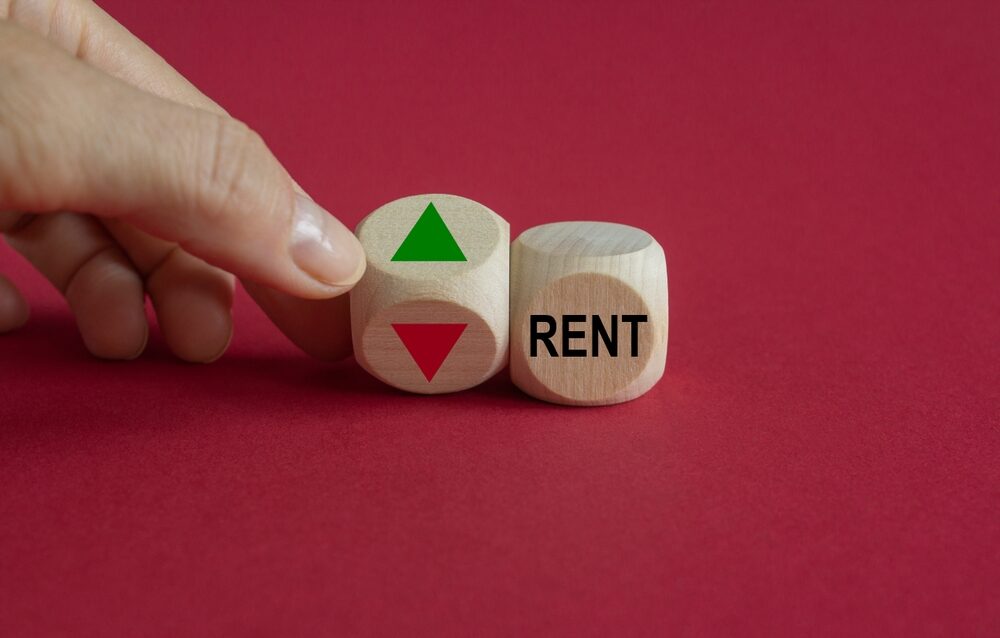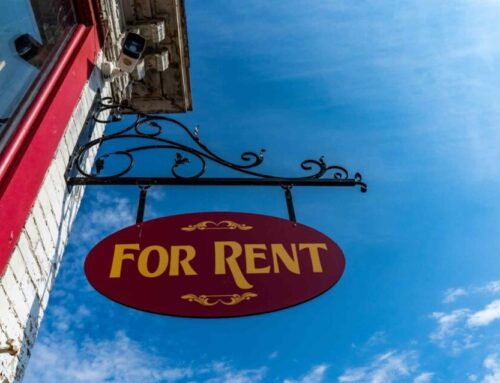With the fluctuating property market and economic stability, everyone is feeling the pinch, and that includes landlords. During the current climate, things like rent increases are inevitable. But that doesn’t mean it doesn’t come with a level of anxiety and uncertainty for renters.
If you rent your home, you know that renting has both benefits and drawbacks. Many landlords rely on the rent that their tenants pay, not only as a form of income but also for maintenance of the house, mortgage payments, insurance, letting agent fees and more.
In this article, we discuss the rules and regulations surrounding rent increases. Let’s get started with the most pressing question.
In short, yes. However, it depends on a few things including what tenancy you have, when the last increase was, and the average rental price of the properties in your area.
Types of Tenancy
The type of tenancy you have will be outlined in your tenancy agreement. Whether it’s a periodic tenancy or fixed term will determine legally when your landlord can increase your rent.
Periodic – A periodic tenancy is renewed weekly or monthly. When someone is on this kind of tenancy, landlords can typically increase your rent once a year.
Fixed Term – A fixed term tenancy is set for a specified period of time, such as 6 months or a year. With this type of tenancy, a landlord can increase your rent, but only if you agree. Otherwise, they can only increase it after the fixed amount of time comes to an end.
Some tenancy agreements also have something called a rent review clause, which will outline the rules surrounding rent increases.
How Much Can My Landlord Increase My Rent By?
When it comes to a rent increase, landlords consider rental prices in your area. If, for example, they feel they could get more if they put the property up for rent at a higher price and found new tenants, they may increase the monthly rent to that price.
There are many reasons landlords may wish to increase the rent, but it’s important to note that if you feel a rent increase is excessive or unfair, you can challenge it at a tribunal. However, the first port of call would be to try and negotiate with your landlord and see if you can come to some kind of agreement.
Rules Around Rent Increases
We’ve established that your landlord can increase your rent, but there are rules surrounding rent increases. In a bid to protect renters from drastic rent increases that they can’t afford, there are a few rules that landlords must consider when they’re thinking of increasing your rent.
These include:
- Landlords need to get your permission if they want to increase the rent. However, if they serve a notice (Form 4 Section 13), and the tenant does not take the appropriate action, such as informing the landlord and raising it with the tribunal, they will be expected to pay the rent.
- Landlords must also provide notice for the rent increase which differs depending on the type of tenancy.
- The rent increase needs to be fair and realistic, meaning it is in line with the rent of similar properties in the area
How a landlord increases the rent usually depends on if there is a rent increase clause. If there is a procedure outlined within the tenancy, the landlord must follow it. If there isn’t anything set out in the tenancy agreement, a landlord can do the following:
- Review the rent at the end of the fixed term. For example, if the fixed term is a year, they can suggest an increase in the rent when the fixed term is up. With a yearly tenancy they must provide at least 6 months’ notice.
- There must be a written record of the correspondence about the rent increase between the landlord and tenant, and a document must be created for both parties to sign.
- Landlords can also use a ‘Landlord’s notice proposing new rent’ form, which will increase the rent after the fixed term ends.
If you are unhappy with the rent increase or feel it is unfair, the first port of call would be to raise your concerns with your landlord or letting agents. If you can’t come to an agreement, you can apply to a tribunal.
At PM Law, we understand that situations like this can be daunting.
When it comes to landlord and tenant disputes, we understand how stressful these things can be. When disputes surround your home, and on the other side a source of income, things can get heated. There are many reasons these disputes might arise and, in some cases, seeking legal advice is the best option. Our landlord and tenant team are here to help you along the way, so no matter which side of the fence you sit on, we can help. Contact us today and we’ll see how we can help you.



